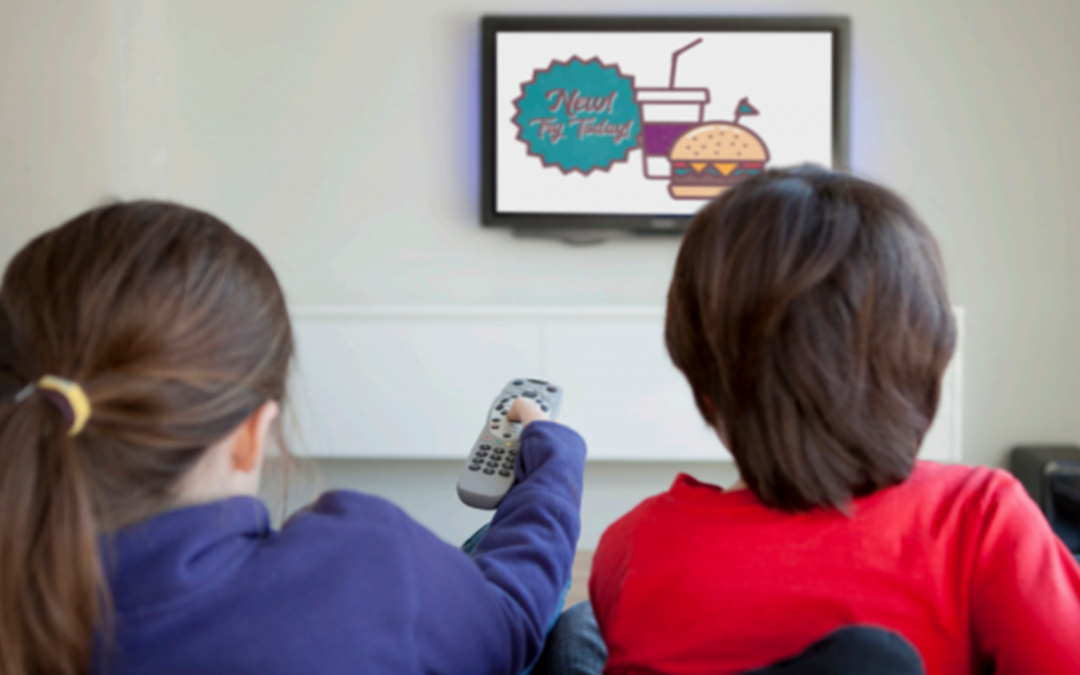By Jennifer Hird, parent of four
I remember standing on the escalator in a department store when my eldest son was 3; he turned to me and asked if we were going to be buying a particular brand of bathroom cleaner. I was baffled – partly because I had no idea he knew what bathroom cleaner was and partly because it wasn’t a brand I had ever bought before. I asked him why we would be buying bathroom cleaner and he replied ‘because it’s available in all good stores’… If I was ever in any doubt as to the power of the advertising our children are exposed to, it vanished that day.
The influence of the big, wide world
Fast forward 10 years and I am now the mother of four children aged between 13 and 7. I’m fairly conscientious about what we eat as a family; I enjoy cooking and baking and I make our meals from scratch including the food that goes into my children’s lunch boxes. However, like all things parenting, I am very aware that the big, wide world has an influence as well – and it only gets stronger when the children are older and they start making more independent choices regarding what they eat and drink. I often see my son’s friends making a quick detour to the local shop for a bag of crisps, a fizzy drink and a chocolate bar on the way to school and outings with friends inevitably include fast food. I also am aware that their media consumption is predominantly online and certain tropes, such as gamers surviving on a diet of Doritos and Mountain Dew, are pervasive and the norm.
Saturday night TV bug bear
For my younger children though, the real bug bear is Saturday night TV. They are big fans of Britain’s Got Talent and X Factor and I certainly notice that the requests for a trip to a fast food outlet or chocolate bars goes up as the season progresses. What I also notice is that if you do actually go to one of these fast food places, the children have no interest in eating the advertised veg sticks (because they’re dry) or fruit (because the preservative tastes horrible) – a fact that I suspect is borne out in the sales figures.
Reducing junk food ad will help prevent parents’ voices being drowned out
I asked my eldest son what he thought about junk food marketing; he said he thought it was aimed at children his siblings’ ages: 7, 9 and 11, and designed to get them interested. And I have to say, whilst I disagreed with him about the bathroom cleaner, I think he’s hit the nail on the head this time. As soon as children start getting the bus to school, walking home from a friend’s, going into town, we are expecting them to be able to make ‘good’ decisions, and what they chose to eat or drink is no different. Like teaching them to cross the road safely, we can teach our children about making healthy choices when they are young; but if we could reduce their exposure to these adverts, it might keep our voices from being drowned out. It’s not realistic to stop children watching TV, but I welcome the restrictions on junk food marketing that the Government is proposing; it would be a massive step forward in supporting parents to help ensure their children are informed and able to make healthy choices as they become more independent.

